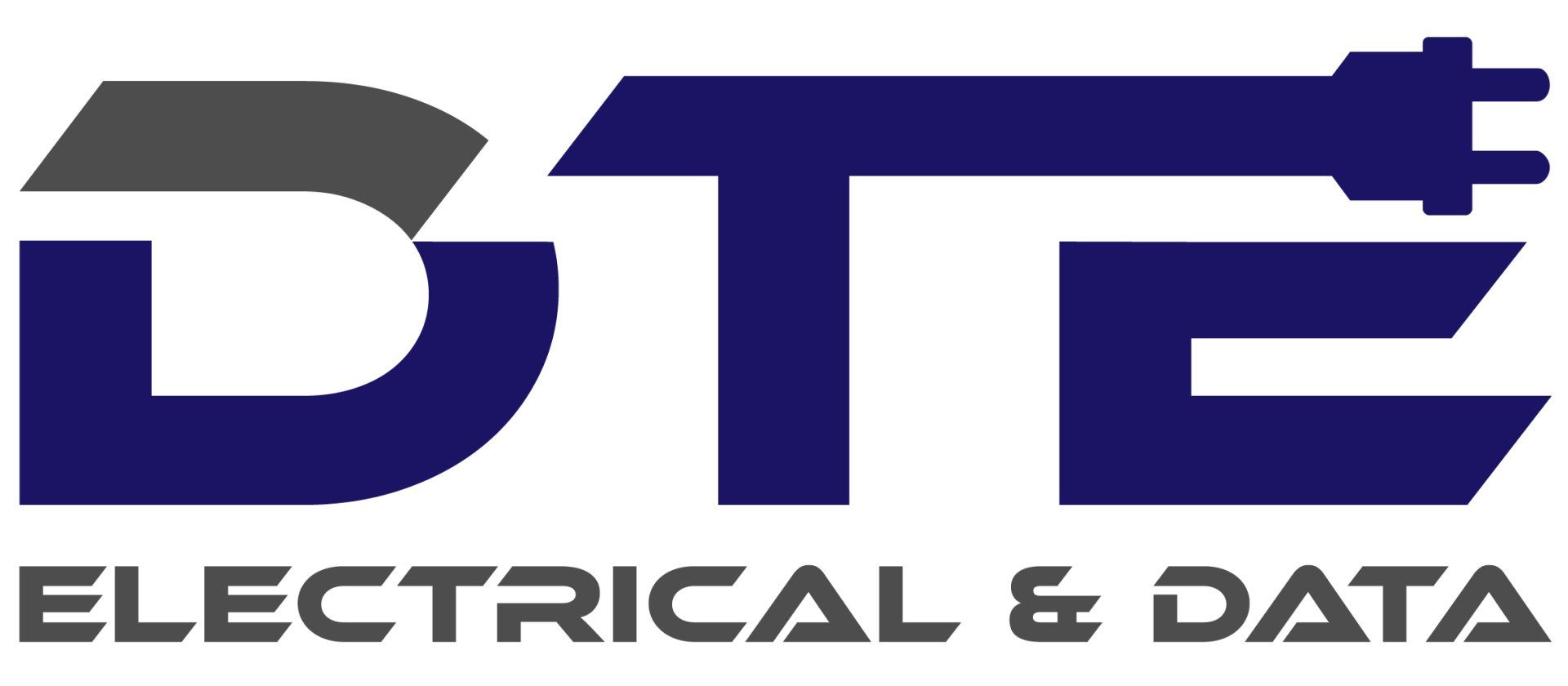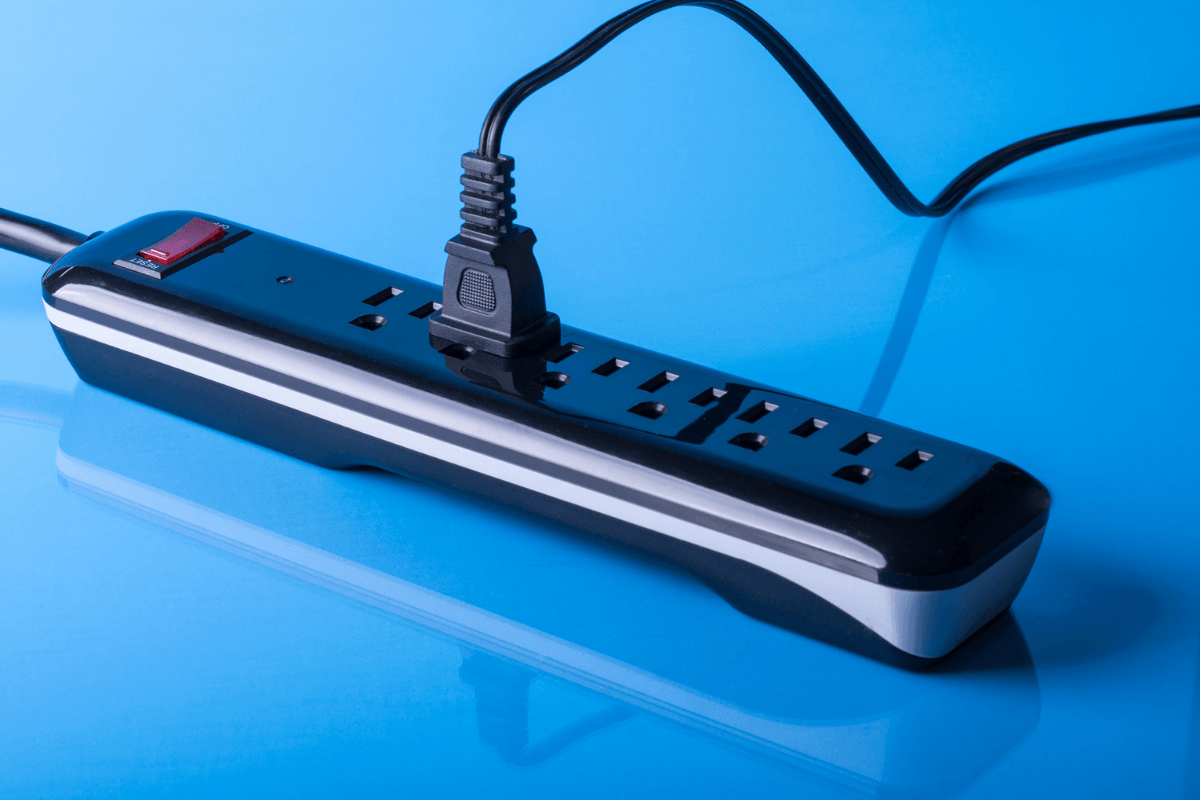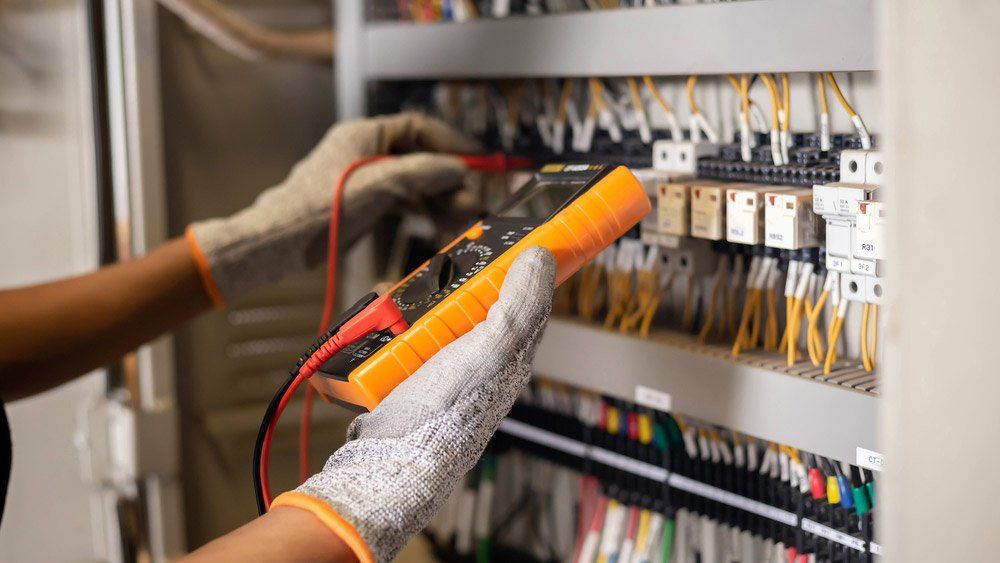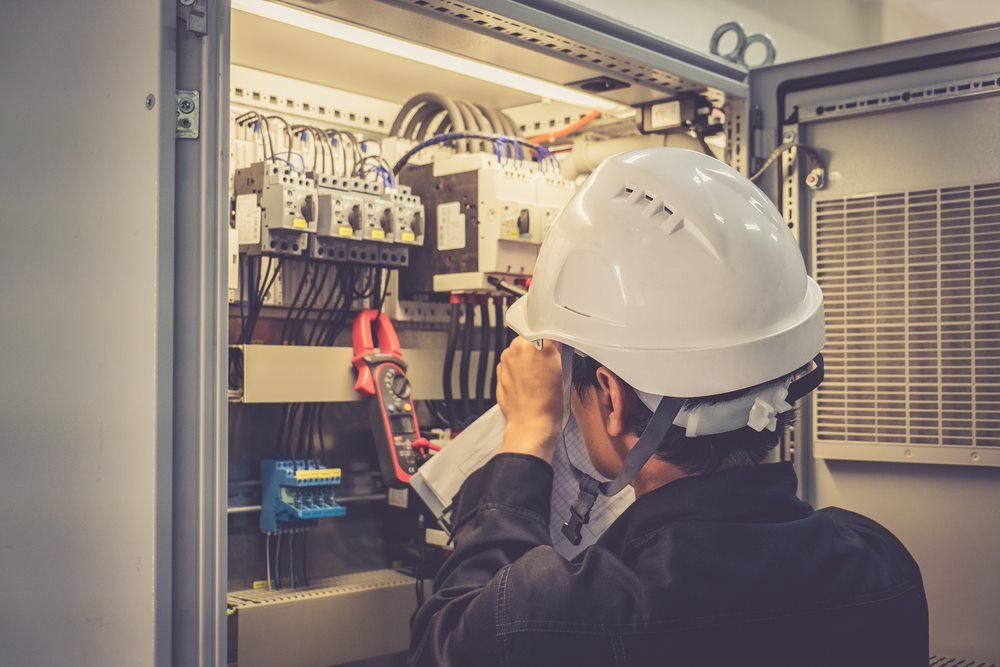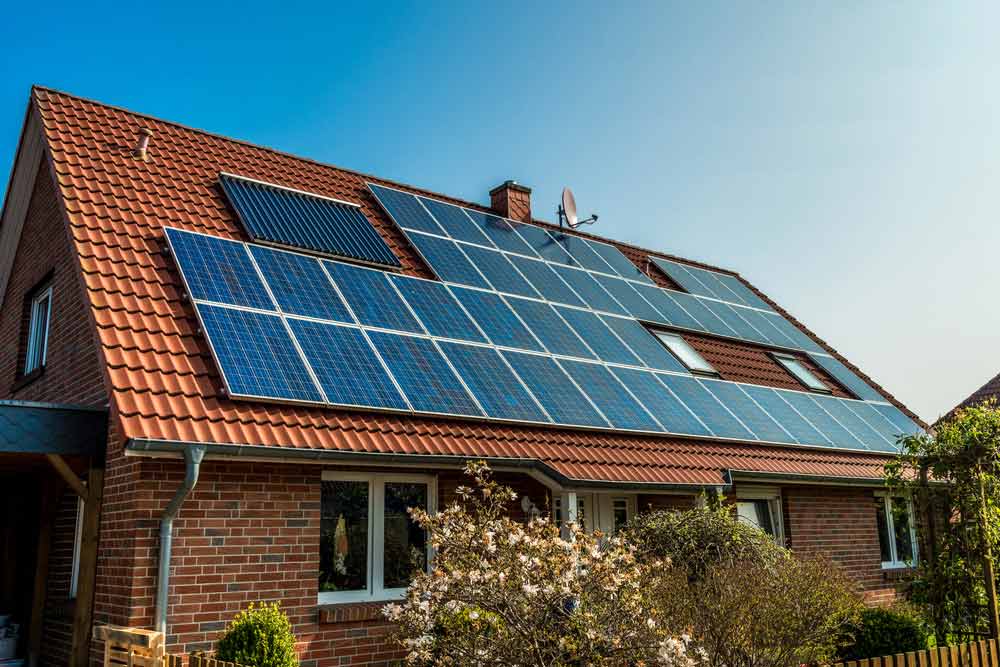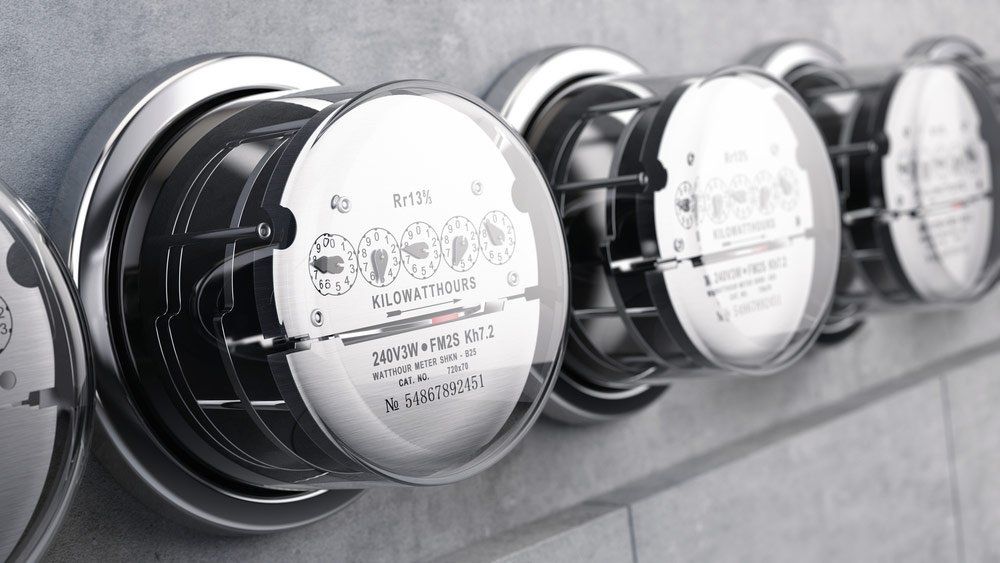DIY Electrical Work: Everything You Need To Know About The Law, Dangers & Safety
- Changing a blown-out light bulb
- Fitting an electric wall oven
- Re-wiring old-style fuses
- Replacing LED downlights
- Installing a battery-operated smoke detector
- Replacing a washing machine drive belt
- Installing pond pumps
DIY Electrical Work Safety
See below some general tips for keeping safe while completing DIY electrical work:
- Learn your home's electrical system, and don't cut into anything unless you're positive there are no powered wires behind it.
- Add a cable detector for added safety precautions
- Wear safe PPE and ensure you're wearing rubber-soled shoes
- Keep all tools in good condition, and replace worn-out tools immediately
- Always remove the plug from the socket by pulling from the plug, not the appliance cord
- Avoid using electrical appliances in wet places, and avoid working on an outside project if it's raining
- Invest in safety switches for all power circuits
- Understand your skill level, and don't try to complete a project that's too difficult, especially if you're unqualified
The Law
When it comes to doing electrical work in your home, Australian law is black and white. If the task goes beyond something basic, such as changing a lightbulb, you should be paying a licensed tradesperson to complete it.
NSW Fair Trading states that "an electrical license is required before any electrical wiring work can be undertaken in NSW, regardless of the cost of the work and regardless of whether the work is residential, commercial, or industrial." Electrical work in this context is defined as 'the manufacturing, constructing, installing, testing, maintaining, repairing, removing, or replacing of electrical equipment'.
This includes tasks such as replacing a light switch, repairing an appliance (such as a heater), changing the location of an existing power point, or constructing an extension lead. Tasks like installing a new light fitting, rewiring old-style fuses, installing battery-powered smoke detectors, and replacing drive belts in washing machines are legal and within reason.
Queensland can award penalties of up to $600,000 and five years' imprisonment if electrical work results in serious injury or death.
DIY Electrical Work Dangers
One of the greatest dangers of doing your own electrical work is you, or a family member could get electrocuted. Additionally, there is a high chance of a house fire breaking out.
While a minor shock is a small injury, serious instances of electrocution can cause deep burns and internal injuries. A high voltage shock can also result in nerve damage, with anyone attempting to help also getting electrocuted.
Electrical fires are incredibly dangerous, and cannot be extinguished using water like regular fires. The water will conduct the electricity and electrocute anyone who touches it. Electrical fires can be caused by something as simple as installing a light bulb with the wrong wattage, using the wrong fuse size, or incorrectly installing a light switch or outlet.
Contact DTE Electrical and Data or call
02 6800 1703
for more information and to hire a licensed electrician.





